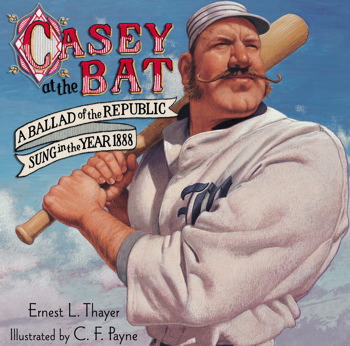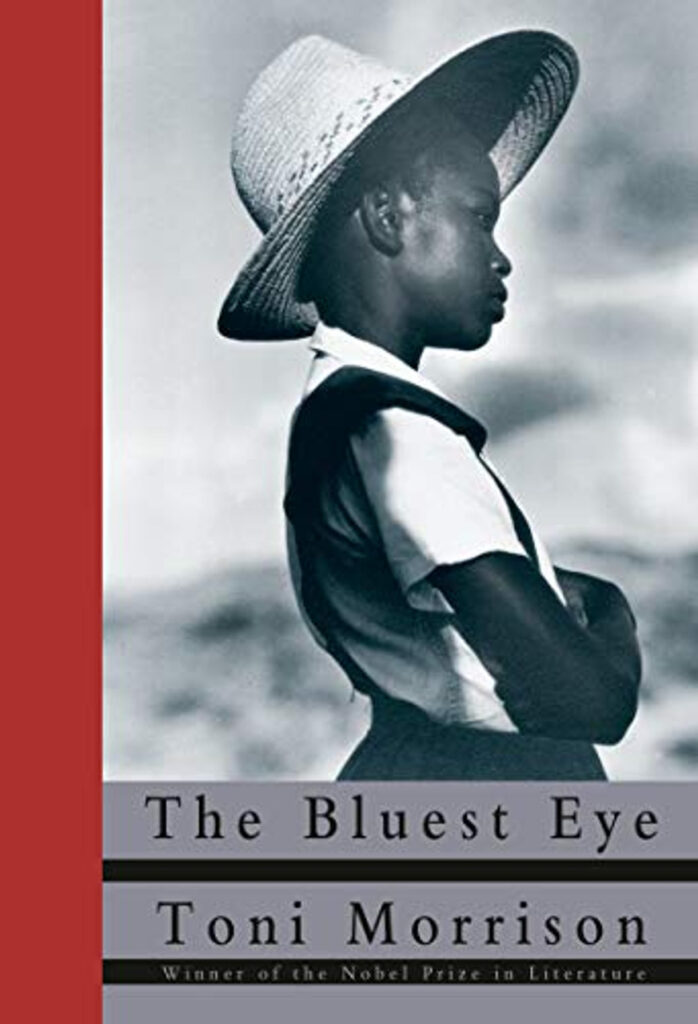Note: If you wish to receive, via e-mail, (1) my weekly newsletter or (2) daily copies of these posts, notify me at rrbates1951@gmail.com and indicate which you would like. I promise not to share your e-mail address with anyone. To unsubscribe, send me a follow-up email.
Thursday
MSNBC’s Rachel Maddow made creative use of a Sherlock Holmes story this past Monday: she quoted a line that everybody knows from a story that almost nobody knows. Then she applied it to Donald Trump supporters.
The story is “Silver Blaze,” about (spoiler alert) a heavily guarded horse, the favorite to win an important race, that disappears only days before the event while its trainer ends up dead. The guard watching over the horse has been drugged, but the important clue—which of course only Holmes grasps—occurs in the following passage:
The two lads who slept in the chaff-cutting loft above the harness-room were quickly aroused. They had heard nothing during the night, for they are both sound sleepers.
I should mention that, four paragraphs earlier, there is casual mention of a watchdog.
And now for Holmes’s insight:
“Is there any point to which you would wish to draw my attention?”
“To the curious incident of the dog in the night-time.”
“The dog did nothing in the night-time.”
“That was the curious incident,” remarked Sherlock Holmes.
The curious incident is that the dog didn’t bark, which would have awakened the stable boys. And if the dog didn’t bark, it is because the thief was someone with whom the dog was familiar—which is to say, the trainer himself. Eventually we learn that, deeply in debt, he has laid bets against his own horse and then taken it out to subtly cripple it. Fortunately, the horse’s kick kills him before he can accomplish his goal.
The dog that didn’t bark in Trump’s case is the supporters who didn’t show up at his indictments. On January 6, of course, Trump achieved spectacular results when he called upon them to turn out in force. The invitation only worked that first time, however. The following Truth Social tweet, despite its use of all caps, brought out only a handful of Trumpists:
NOW ILLEGAL LEAKS FROM A CORRUPT & HIGHLY POLITICAL MANHATTAN DISTRICT ATTORNEYS OFFICE, WHICH HAS ALLOWED NEW RECORDS TO BE SET IN VIOLENT CRIME & WHOSE LEADER IS FUNDED BY GEORGE SOROS, INDICATE THAT, WITH NO CRIME BEING ABLE TO BE PROVEN, & BASED ON AN OLD & FULLY DEBUNKED (BY NUMEROUS OTHER PROSECUTORS!) FAIRYTALE, THE FAR & AWAY LEADING REPUBLICAN CANDIDATE & FORMER PRESIDENT OF THE UNITED STATES OF AMERICA, WILL BE ARRESTED ON TUESDAY OF NEXT WEEK. PROTEST, TAKE OUR NATION BACK!
For indictment #2, the one at the Miami courthouse, Trump tried repeating his January 6 call—“Be there, will be wild!”–once again resorting to all caps:
SEE YOU IN MIAMI ON TUESDAY!!!
Again, nothing, leading Trump to refrain altogether from commanding his troops to rally for indictments three and four. In other words, first his supporters stopped barking and then he did.
And how is this a curious incident? It may be that Trump is losing his ability to create massive disruption. To be sure, his angry tweets (or whatever they’re called) can rile up individual followers, so there have been many threats from Trumpists directed at prosecutors, judges, witnesses, grand jury members, etc. Someone could still get killed.
But if this indeed proves to be the beginning of the end for the ex-president, then we may point to Trump supporters not barking as the first indication.










